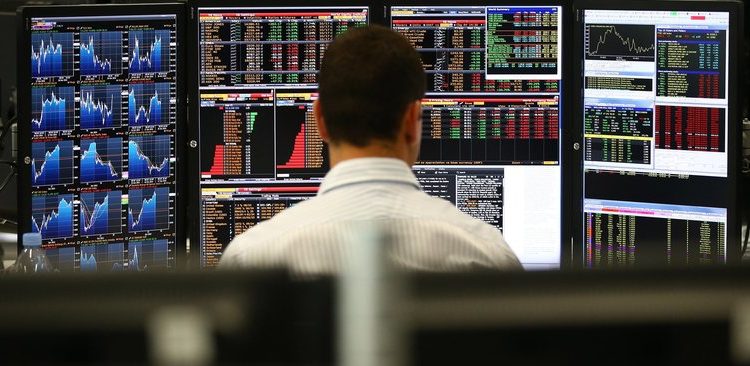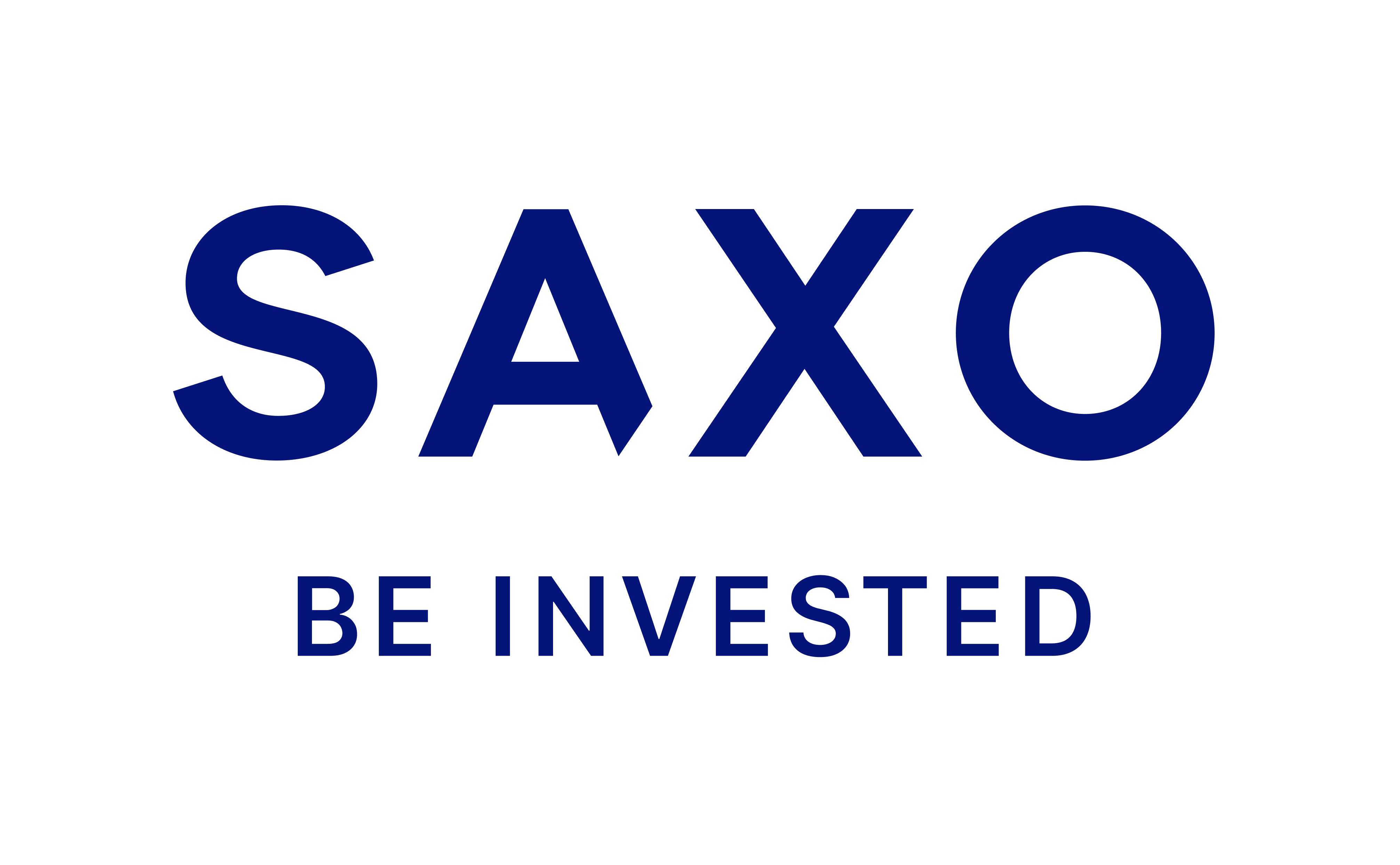Forex Trading: A Primer in International Money lending

When companies come together to trade assets such as wheat, it is important to have a stable currency and market. It is true that without a stable currency that companies falter. It is also true that stable markets drive the economy forward. Unstable currencies that fluctuate cause unrest. Unstable markets create anarchy.
Foreign investments aren’t a new motion or concept. The fact is that foreign investment has been the catalyst for many successful and unsuccessful venues. The need for a stable market during what is now referred to as WWI is the main reason why a foreign exchange was set up. This stable market regulated the value of currencies helping companies make astute monetary decisions.
WWI Affects on the World Economy
The advent of the events that led up to WWI had a very profound effect on the world economy. The creation of the gold standard in 1875 was the first attempt to regulate the world economy by relying on gold values. This was based primarily on what the international market was doing already with gold being the established currency for all purchases. The difference was that now the governments would guarantee the stability of the gold. This early attempt at a foreign exchange worked until European governments overprinted gold notes in an effort to pay for major military projects.
This action took a huge toll on the economies that depended on the gold. The gold standard was dropped for a short while until after the war and would not remain the major economic standard for international trading.
The need for a Stable Monetary System
The lapse of the gold standard left a huge gap in the foreign exchange. Companies that worked regularly with foreign investments were having a tough time getting accurate value for their goods and services. It was July 1944 when a group of representatives from the Allied nations fighting Germany decided to work on a monetary system for forex trading.
Forex trading relies on both a stable currency and a stable market. This wasn’t happening. Instead companies and entire countries were going broke. The Bretton Wood system of money management would ensure that the world market would:
• Remain stable enough for currency exchanges
• Provide a primary reserve currency and fixed exchange rates
• Have monitoring agencies and set rules to ensure a stable currency and market
The Bretton Wood system didn’t last because it still relied on gold reserves from the US Treasury. By the early 1970s this was unworkable.
Exchange Rates to the Rescue
When the Bretton Wood system was on its last legs, an idea for floating foreign exchange rates was discussed and adopted. The gold standard that had been the keystone for generations would be abandoned for a system that allowed some fluctuations. The key to the system would be that the country would have the capability to be flexible.
Forex trading happens today when one currency is exchanged for another currency. There are currently three methods in which exchange rates are set. The dollarization method provides a country that is failing with an opportunity to stabilize the country through the use of a foreign currency. This method is usually only a temporary fix until the country’s economy gets back on track. The second and a little more permanent method is the pegged rate. Pegged rates allow a country to directly fix its exchange rate to the foreign currency.
Some countries prefer to be more flexible in their currency exchange rate. Supply and demand rule the managed floating rates method. Forex trading works when there are two or more currencies.
On a side note, it is important to mention the pretty recent phenomenon of online forex trading, a service provided by brokers using SpotOption technology or similar, that consists in predicting the trend of a specific currency “against” another one.






















Comments (0 comment(s))